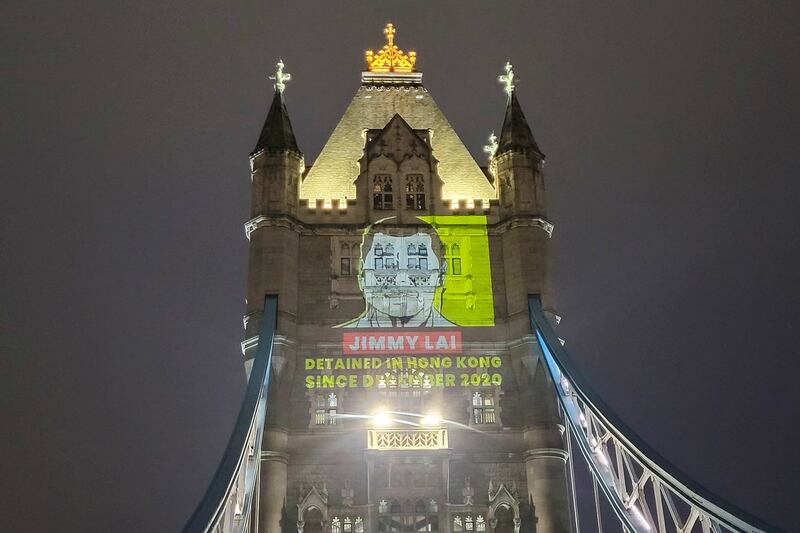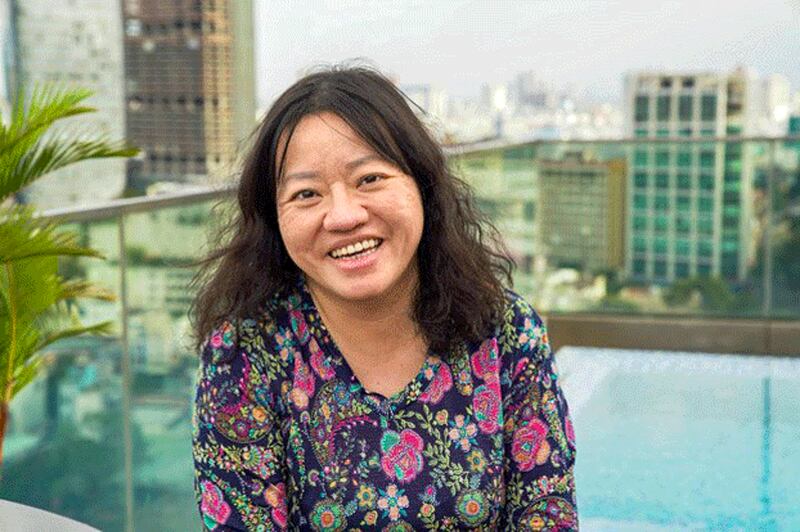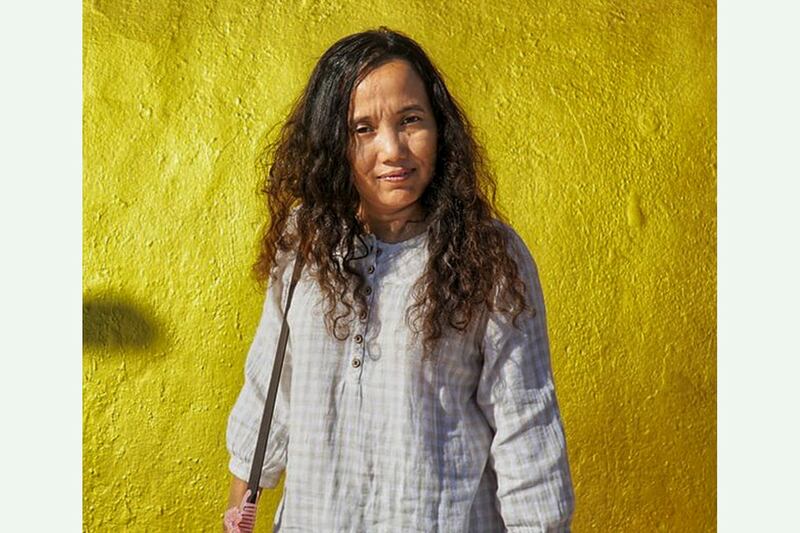Press freedom has worsened in the Asia-Pacific region, according to a Reporters Without Borders report released Friday, which has been designated World Press Freedom Day, as journalists continue to face threats, repression and imprisonment for doing their jobs.
Vietnam has ramped up efforts to target journalists and bloggers, while in Hong Kong, once a bastion of free media and expression in Asia, the passage of the national security law known as “Article 23” raised concerns that journalists could be arrested on dubious charges.
Across Asia, 26 of the 32 countries and territories have seen their scores fall in the 2024 World Press Freedom Index put out by the Paris-based Reporters Without Borders, or RSF.
“The region’s dictatorial governments have been tightening their hold over news and information with increasing vigor,” said RSF, which acts to protect the freedom and independence of journalists around the world.
In London and Washington, the Committee for Freedom in Hong Kong Foundation staged large-scale wall projections to highlight the detention in Hong Kong of Jimmy Lai, a British citizen and the founder of the Apple Daily newspaper, which was shut down in 2021.
Portraits of Lai and other journalists in custody were projected on Tower Bridge in London, while the slogan “Close It Down” was projected onto a building in Washington where Hong Kong has its Economic and Trade Office.
Closing bureaus in Hong Kong
The crackdown on individual and press freedoms in Hong Kong has prompted several news organizations to close their operations in the city. Radio Free Asia closed its bureau there in March.
On Friday, the Wall Street Journal announced it was shifting the headquarters of its Asia operations from Hong Kong to Singapore as part of a restructuring.

Meanwhile, information continues to be “tightly controlled and censored” in Tibet, one of the most restrictive places in the world for press freedom, according to Aleksandra Bielokowska, Advocacy officer at Reporters without Borders.
“It’s a region where a foreign correspondent faces restricted travel and can’t operate freely to report,” she told RFA. “It’s a place where Tibetan sources are often persecuted and detained for simply sharing information from within the region.”
World Press Freedom Day "serves as a reminder of the resilience of journalists," said Bay Fang, Radio Free Asia's president and chief executive. "But it's also a reminder of the immense threats they face, from transnational repression, to digital harassment, to imprisonment and even death," she said in a video statement on Thursday.
“Press freedom is a human right – one that is integral to a healthy global society. But, sadly, as we are witnessing in Asia and around the world, it is not a guarantee.”
Cambodia and Vietnam
In Cambodia, 15 journalists have been killed since 1994 – 12 of them were reporting on sensitive issues when they died, according to human rights group Licadho.
Journalists gathered at a Phnom Penh hotel Thursday, more than a year after the government ordered the closure of the Voice of Democracy, one of the last independent media outlets in the country.
Cambodian journalists highlighted the harassment and violence they face in the country, even though the country’s 1993 constitution guarantees press freedom. Civil society officials and environmental activists joined editors and reporters in urging the adoption of an information access law.
“If that draft law is passed and goes into effect, it would be easier for journalists as well as the public to get information,” said Chhorn Chansy, the editor-in-chief of CamboJa.

Later this month, Vietnamese journalist and author Pham Doan Trang, who is serving a nine-year sentence after being accused of generating "anti-state propaganda," will be awarded the 2024 PEN/Barbey Freedom to Write Award – in absentia.
Trang published several books about democracy, including “Non-Violent Resistance,” “Politics for the Common People” and “A Handbook for Freedom Fighters.”
Sentenced to life in prison
In Myanmar, award-winning documentary filmmaker Shin Daewe was sentenced to life in prison in January for violating the Anti-terrorism Law.
The 51-year-old is known for her work highlighting the challenges facing Myanmar’s environment and the impact of conflict on civilians following the 2021 military coup.
The prison sentence was seen as another bid by the military junta to stamp out criticism by using lengthy sentences to instill fear.

Since the coup, the junta has revoked the publishing licenses of 14 news organizations, according to the Detained Journalists Information Myanmar group.
Last year, the New York-based Committee to Protect Journalists ranked Myanmar as the second-worst country in the world – after China – for arresting and imprisoning journalists.
But the junta doesn't just repress members of the news media, said Maw Oo Myar, senior reporter for the Kantarawaddy Times, a media outlet that operates in Kayah state. They also arrest and punish journalists' sources, he said.
“Even the people with whom we have friendly relations do not warmly welcome us if they know we are working for news,” he said. “The public is also reluctant to answer the questions for news freely and confidently as before.”
Translated by Sum Sok Ry and Aung Naing. Edited by Matt Reed and Malcolm Foster.
RFA Tibetan contributed to this report.
